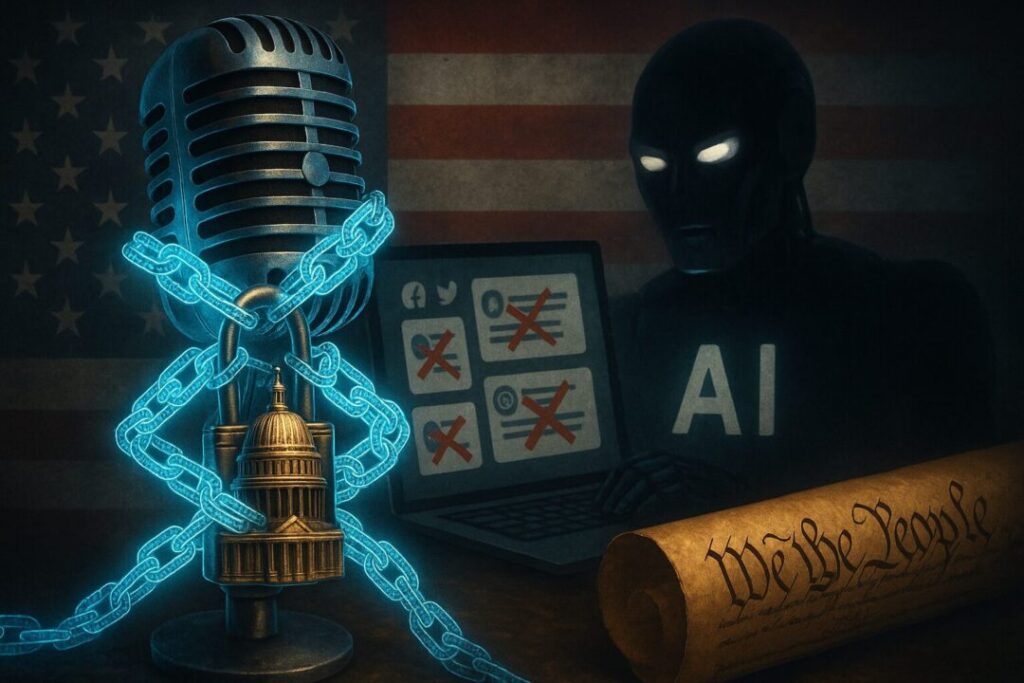A new fight over free speech is heating up, and conservatives are right in the thick of it.
The concern? That the federal government might use so-called efforts to fight “misinformation” as a backdoor way to silence conservative voices.
Now, to be clear, there isn’t a new executive order on the books yet targeting misinformation. So why the buzz?
Because we’ve seen this before – and conservatives aren’t waiting around to get burned again.
A Look Back: What Sparked the Concern
Back in 2020 and 2021, the Biden White House worked with social media companies to take down posts they didn’t like; posts about COVID, vaccines, elections, and more.
Some of those posts ended up being true, or at least reasonable debate, but they still got throttled or removed.
Fast forward to 2025. When President Trump returned to office in January, he signed an executive order called Restoring Freedom of Speech and Ending Federal Censorship.
It told government officials to stop pressuring tech companies to silence Americans. It also kicked off an investigation into what went down during the Biden years.
That move put the spotlight back on the free speech fight. And now, even the possibility of a future executive order cracking down on “misinformation” has conservatives on edge.
Why Talk About It Now?
If no new order exists, why all the speculation?
Because the warning signs are there.
Conservative blogs and talk-radio hosts have been picking up chatter that federal agencies or future administrations might try again.
Maybe not through one big order, but through smaller rules or “guidance” that quietly push for more content moderation.
Even vague language in a government memo can lead to private companies overreacting to stay on the administration’s good side.
It doesn’t help that the words themselves (like “misinformation” and “disinformation”) are so loosely defined. One person’s opinion or political view can easily be another person’s “harmful content.”
That kind of power in government hands is dangerous.
AI and the Future of Censorship
There’s an elephant in the room: the rise of artificial intelligence.
With AI now scanning, filtering, and flagging content online faster than any human ever could, conservatives worry the censorship machine is only getting bigger – and smarter.
Conservatives are also raising questions about how these tools might be used in future elections.
With deepfakes and AI-generated content flooding the web, some say government officials will push even harder to control online speech in the name of “protecting democracy.”
But who decides what’s real and what’s fake? That’s the danger.
Protecting Speech Before It’s Too Late
So even though no executive order has dropped yet, the reason it’s a hot topic is simple: this isn’t the first time the government has flirted with speech control.
Conservatives are ringing the bell early; once something is signed, the damage may be done.
This article was written with the assistance of AI. Please verify information and consult additional sources as needed.




